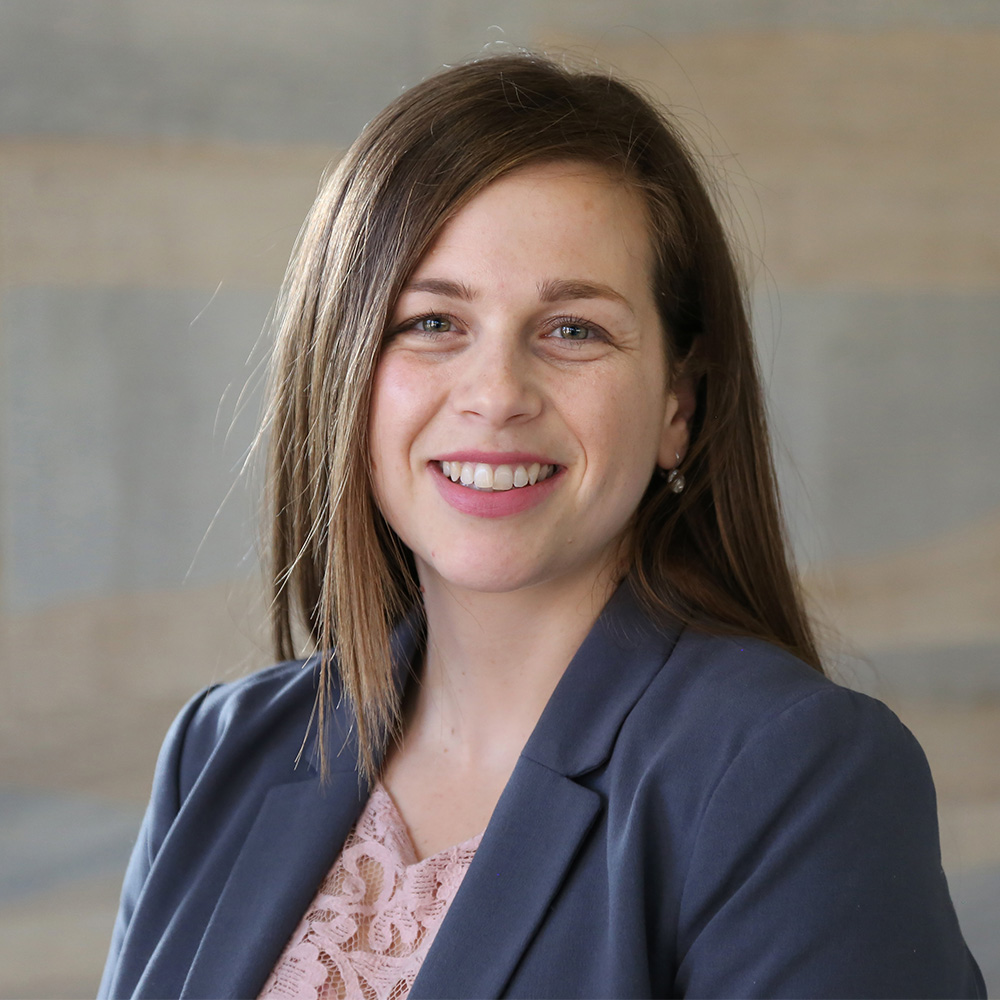Interdisciplinary focus
As digitalisation affects society overall, there is a significant need to synthesise techniques to evaluate digital information and its impact on environmental policy. Specifically, the project requires an understanding of climate change and policy making plus a background knowledge of Natural Language Processing and Machine Learning.
Training and support
You will receive support through the Sustainable Transitions training program, which offers interdisciplinary research methods, secondary discipline training, and ongoing development. Doctoral scholars also have access to £2,500 through Proficio for training courses and £10,000 for research and additional training. You may audit relevant courses and will be supported by both the Sustainable Transitions management and your supervisory team.
Additionally, all scholars join the University of Essex’s Centre for Environment and Society, providing events and networking opportunities.
Person specification
This opportunity would suit a candidate with a degree/ background in Business Analytics/Data Science with some experience of dealing with Natural Language Processing (NLP) and Machine Learning (ML).
It is not necessary for the candidate to have prior training in Government and political science research methods as this will be provided on the programme.
Research proposal
The project area is broadly defined, leaving scope for the applicant to develop their own specific research proposal as part of the application. The successful candidate will further develop their proposal in close consultation with the supervisory team.
Supervision
The primary discipline supervisor takes the lead responsibility for supervising the project. For further detail relating to supervision see the Guidance for Applicants (.docx) document.
Additional background information
Fake news and misinformation became common during the Covid pandemic and has also raised significant challenges in other spheres including political news around the world. This can have an impact on policy areas such as health, social care and the economy. Research on misinformation can help fact-checking agencies, policy makers, and decision makers better understand the fake news phenomenon and the exploration of methods and tools for its detection and prevention. Society can benefit from the results of the research, as fake news can have such profound and adverse effects. Within this project the researcher would tackle the issue using interdisciplinary methods with a view to considering specific challenges relating to climate policy in the UK.
Understanding fake news can assist in alleviating social and economic inequality, as better tools can be developed to prevent the spread of inadequate information. In particular preventing fake news reduces unproductive arguments and decision making. There is the potential that news media and fact-checking agencies could benefit from the outcomes of this research, as they may be able to use the tools and methods that are explored. From a policy perspective, the research can highlight the impact of fake news on governance and policy making.
Examples of possible public entities that would benefit from this project are the DCMS subcommittee on Online Harms and Disinformation, the Full Fact or the Counter Disinformation Cell, both of which are interested in assessing the veracity of news. In the EU, initiatives such as Verified work on the broader level; and In the USA, FactCheck.org works to help readers assess the veracity of information as well as many other private initiatives, including Twitter.
How to Apply
Full details available at Sustainable Transitions Leverhulme Doctoral Training Programme.
Supervisory team references
- Ali, M., Gomes, L.M., Azab, N., de Moraes Souza, J.G., Sorour, M.K. and Kimura, H., 2023. Panic buying and fake news in urban vs. rural England: A case study of twitter during COVID-19. Technological Forecasting and Social Change, 193, p.122598.
- Ali, M., Azab, N., Sorour, M.K. and Dora, M., 2019. Integration v. polarisation among social media users: Perspectives through social capital theory on the recent Egyptian political landscape. Technological Forecasting and Social Change, 145, pp.461-473.
- Bakaki, Z., Bohmelt, T. and Ward, H., (2022). Carbon Emission Performance and Regime Type – The Role of Inequality. Global Environmental Politics. 22 (2), 156-179
- Bakaki, Z. and Bernauer, T., (2018). Do Economic Conditions Affect Public Support for Environmental Policy?. Journal of Cleaner Production. 195, 66-78
- Bakaki, Z. and Bernauer, T., (2017). Do global climate summits influence public awareness and policy preferences concerning climate change?. Environmental Politics. 26 (1), 1-26








